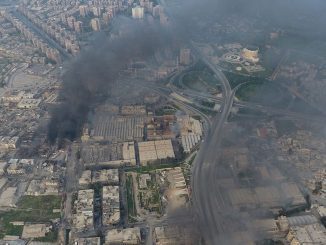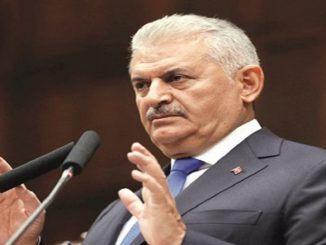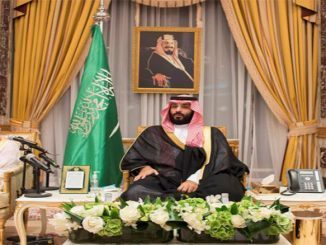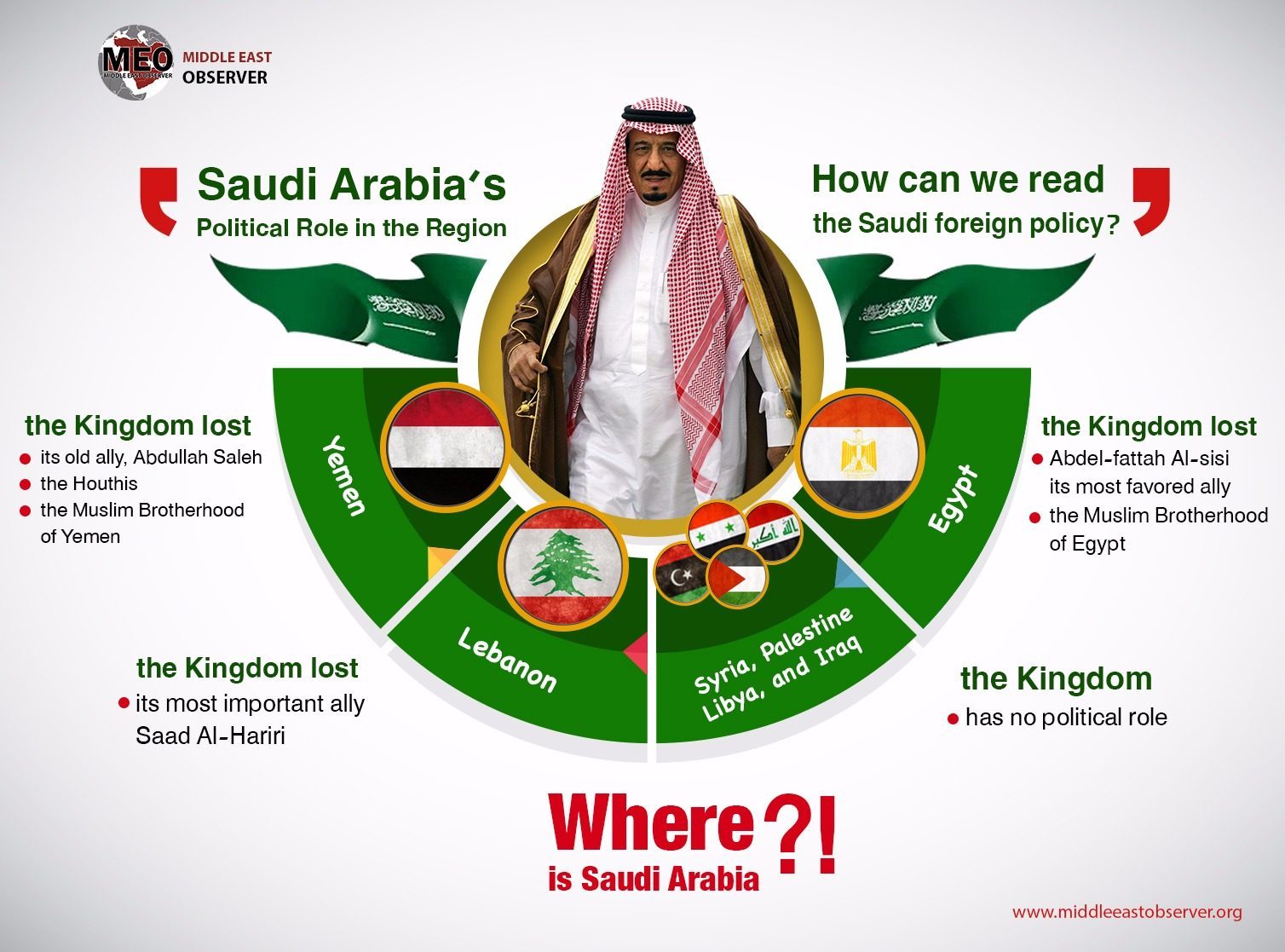
2. In Egypt, the Kingdom lost the Muslim Brotherhood of Egypt, and recently its most favored ally, Abdel-Fattah Al-Sisi.
3. In Lebanon, the Kingdom lost its most important ally: Saad Al-Hariri.
4. In Syria, Libya, Iraq, and Palestine, the Kingdom has no political role. So, observers currently ask, where is Saudi Arabia?!!
***
Kingdom ‘ready’ to fight Daesh in Syria’s Raqqa
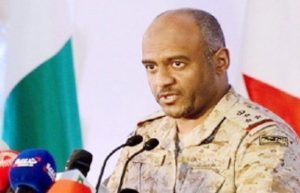
Speaking to the Al-Arabiya television channel on Thursday evening, Brigadier-General Ahmed al-Asiri noted that, since September of 2014, Saudi Arabian warplanes had carried out more than 200 airstrikes against Daesh targets — he did not specify where — as part of a U.S.-led international coalition established to fight the terrorist group.
Al-Asiri went on to stress, however, that Saudi Arabia was not taking part in the ongoing military operation to retake Iraq’s northern city of Mosul.
On Oct. 17, the Iraqi army — backed by U.S.-led coalition airstrikes — launched a wide-ranging offensive to retake Mosul, Daesh’s last stronghold in northern Iraq.
Daesh captured Mosul — Iraq’s second largest city — in mid-2014 before overrunning additional territory in the country’s northern and western regions.
The Kingdom “cannot take part in operations alongside militias”, al-Asiri asserted, in reference to the Iran-backed Hashd al-Shaabi, an umbrella group of Shia militias drawn up in Iraq in 2014 with the express purpose of fighting Daesh.
The Hashd al-Shaabi (popular mobilization) has been accused by critics of committing violations against Sunni residents in areas it has “liberated” from Daesh.
Since 2014, the U.S. has led a 60-nation coalition that has carried out hundreds of airstrikes against Daesh positions in both Iraq and Syria.
This is probably the first time that Saudi Arabia announces its willingness to participate in a ground attack against Daesh outside its borders.

